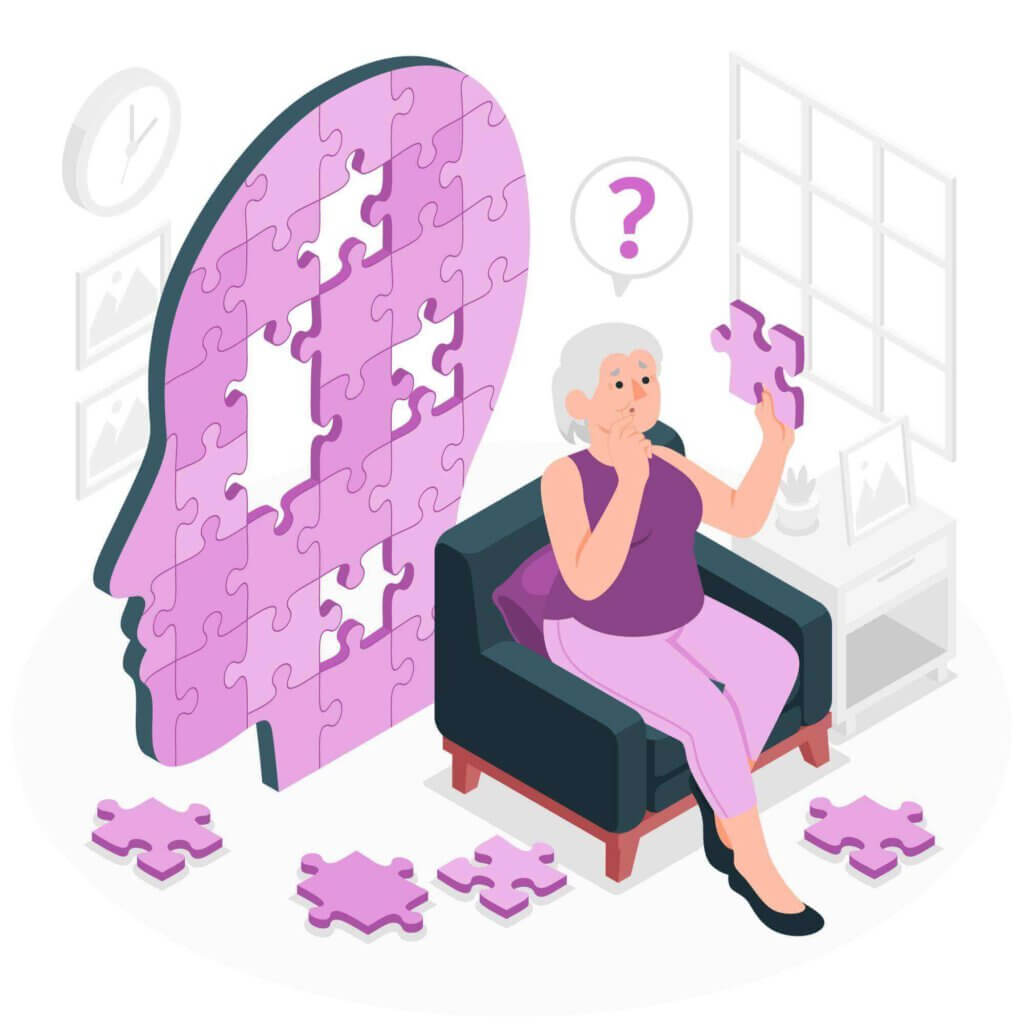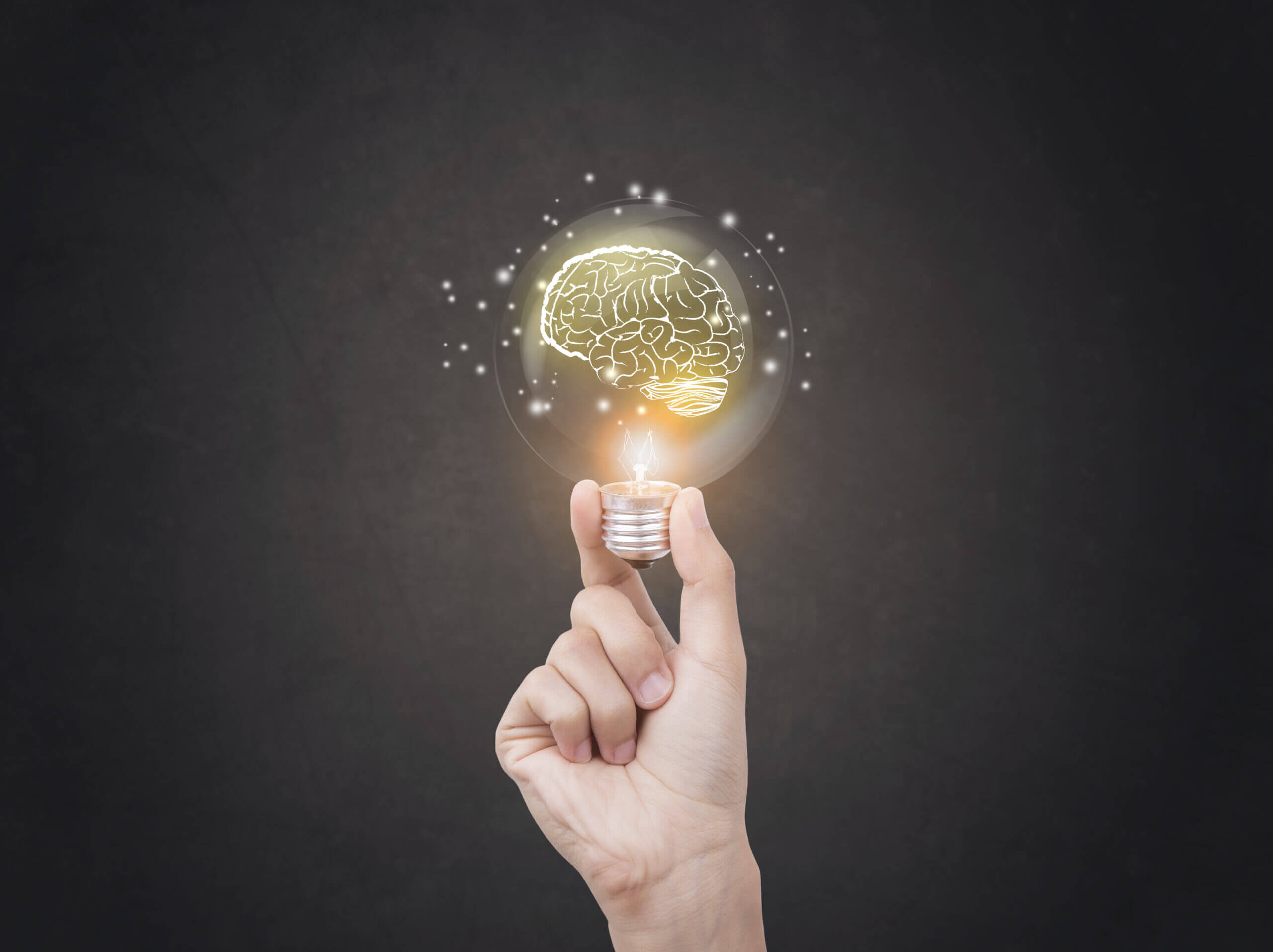As a person ages, their brain activity slows down, and their cognitive performance declines. This is manifested by memory problems, decreased attention, difficulty making decisions, and problem-solving issues.
Research shows that cognitive training is an excellent way to maintain brain flexibility, preserve neural connections, and generate new connections in areas that are not active. Effectivate, an Israeli startup company, has developed specialized software for cognitive games and memory training for adults aged 55 and above. This software allows seniors to engage in activities that require thinking, concentration, focus, and the use of various cognitive abilities through different memory exercises.
Memory is the ability to perceive, process, store, and retrieve information acquired from the environment through our senses when needed. Memory is significant for our learning capacity in the present and for drawing insightful conclusions from the experiences we have gained over the years. It is vital for all cognitive activities we perform, decision-making, problem-solving, and our ability to interpret the experiences and events we go through. The hippocampus is responsible for memory in the brain: short-term memory retains information for a few minutes, and from there, it passes through the hippocampus to long-term memory, where it is stored and can be accessed when needed. When there is damage to the hippocampus, such as in various dementia diseases, new memories cannot be formed, but existing memories may not be affected. Therefore, it is common for individuals to recall childhood experiences but struggle to remember what was said a few minutes ago.
What is memory?
From a neurological and physiological perspective, memory is a collection of neural connections in the brain that connect different nerve cells. Memory is created when these nerve cells transmit chemical signals between them.
Types of memory
Memory is commonly divided into three main types:
- Immediate/Sensory memory – This memory has the shortest duration and allows us to retain information for a few seconds to a few minutes.
- Short-term memory – Also known as working memory, it refers to the information we are currently processing. The role of short-term memory is to enable the storage of recent experiences or information conveyed at the same time, such as correctly recalling numbers in sequence.
This type of memory is limited in its capacity and the duration we can remember the information.
- Long-term memory – This is where information and memories are stored. If we try to remember an event from the past, for example, it is not found in conscious memory, but it can be retrieved from long-term memory and utilized.
Long-term memory has no capacity or time limitation. The more neural connections there are in an individual’s brain regions, the better their memory will be, and the more efficiently they can retrieve information.
An article discussing “What is short-term memory, long-term memory, and is there a transition between them?” presents the Atkinson-Shiffrin memory model, which explores ways to enhance long-term memory, including brain training and modification aimed at adding neural connections between brain cells to “consolidate” knowledge into long-term memory.
When can memory weaken?
As a person ages, their brain cells decrease, and the neural connections between them weaken. This fact leads to cognitive decline in the third stage of life, which affects healthy and functional memory.
Cognitive decline does not occur overnight but gradually over time. In the early stages of decline, higher cognitive functions are affected, such as problem-solving abilities, decision-making, planning, and organization.
An older adult experiencing cognitive decline becomes slower in cognitive functions and their ability to perform various tasks in their life. As the decline continues, memory is also affected, resulting in difficulties in information processing, decreased attention span, and impaired time orientation.
“What can be done?
Numerous studies have been conducted over the years on the importance of cognitive training in preventing cognitive decline and improving memory. These studies have explored ways to assist the elderly population suffering from memory problems and cognitive decline.
One such study was conducted by the Department of Neurology at Jilin University in China. In this research, the researchers found that computer-based cognitive training programs had a significant impact on improving memory, increasing information processing speed, and enhancing the mental functions and daily activities of the participants.
Brain training through cognitive games for adults using computers is a field that is gaining momentum worldwide, including in Israel. The accumulated knowledge from various studies supports brain training in general, especially training through computer-based programs. The research results are published in reputable scientific and medical journals, and therefore the scientific community recognizes the value of brain training and its significant benefits in improving cognitive abilities and delaying cognitive decline.
Effectivate, a company specializing in developing brain training software for the elderly, has developed the Effectivate software based on the latest research in neuropsychology regarding learning and memory in older adults. All these studies start from the premise that the human brain can learn and develop at any age but needs to be trained and stimulated to maintain its skills. These studies consider the brain like any other muscle in the body—if it is not trained and exercised, it weakens and deteriorates.
Additional conclusions from research on the importance of brain training in treating cognitive decline indicate that the brain can generate new nerve cells due to its remarkable plasticity and adaptability to the changes that occur as a person ages. By presenting the brain with cognitive challenges specifically designed for cognitive decline conditions, the training and practice encourage the formation of new neural connections and help preserve those connections that have not been damaged yet.
Effectivate’s brain training software enhances brain flexibility, trains the brain, and teaches it new information. The software places special emphasis on elements of concentration, memory, and various cognitive functions, alongside acquiring skills and strategies to improve memory. The software provides practical techniques and tools for developing memory skills through games and memory exercises.
Effectivate’s brain training software was developed in collaboration with brain researchers and neuropsychologists specializing in the field and is tailored for developing brain flexibility in individuals aged 55 and above.
General Health Services offers its members aged 55 and above a unique benefit—a free trial month with no obligation to experience Effectivate’s software!
As part of the daily brain training, it is recommended to work with the software at least three times a week, for about fifteen minutes each time, according to research recommendations.



